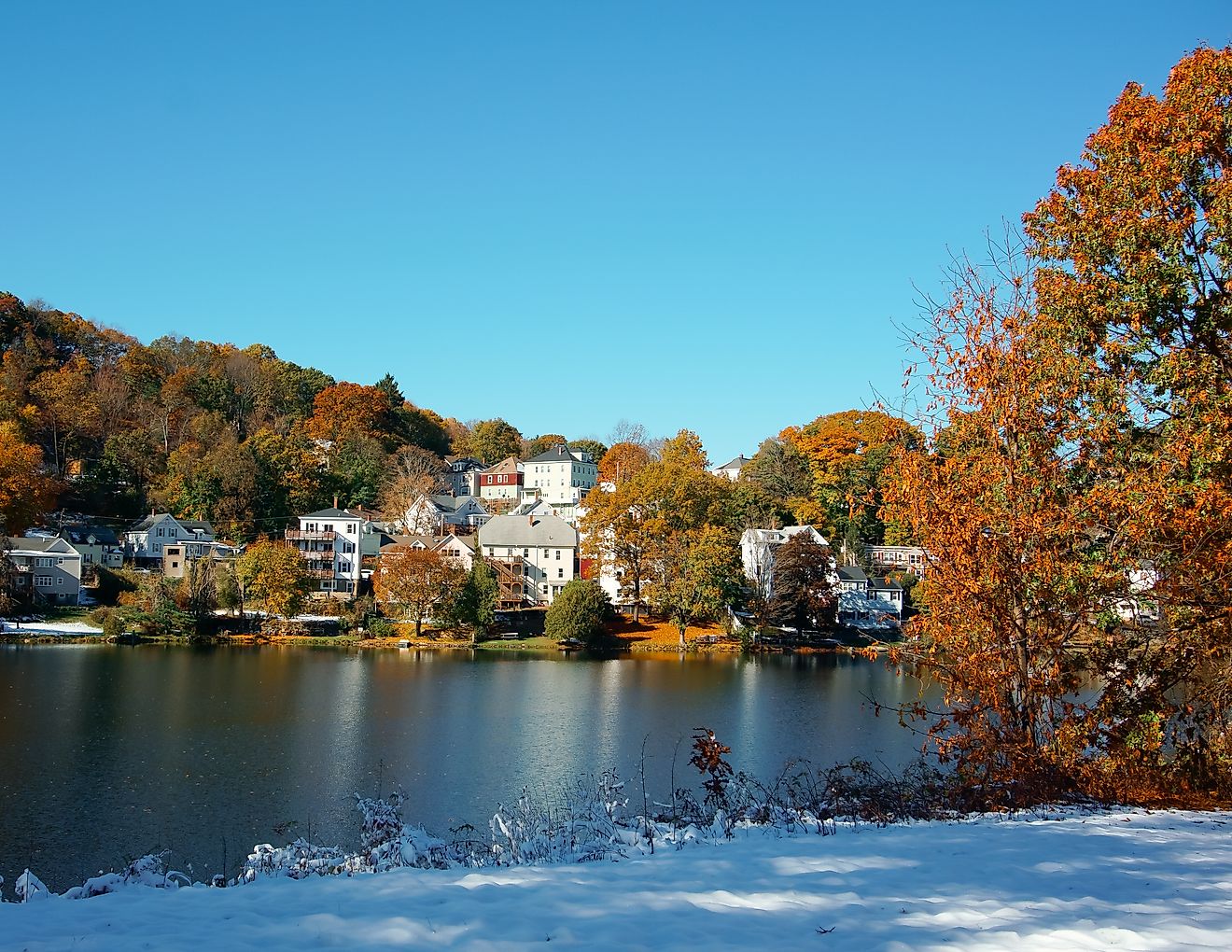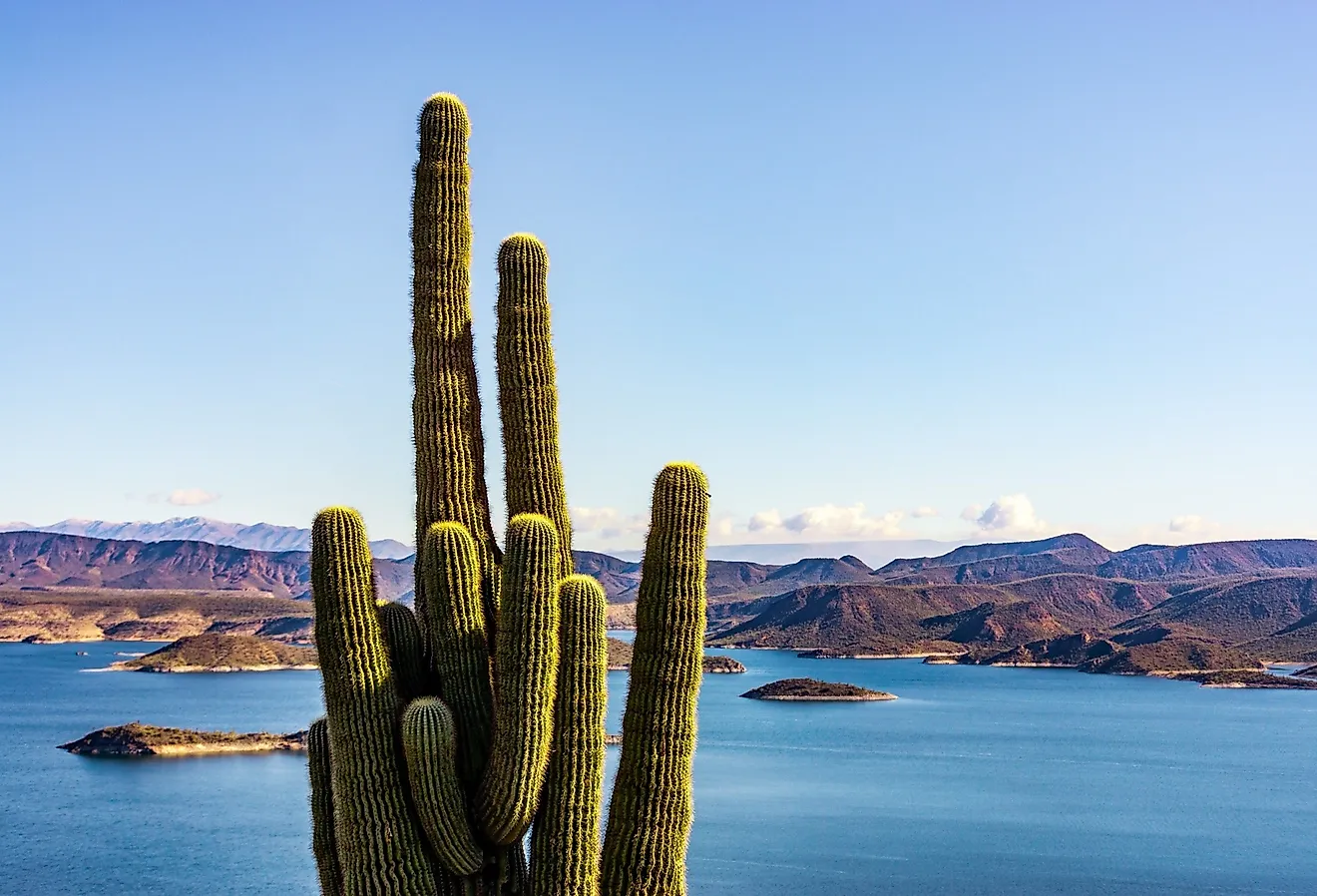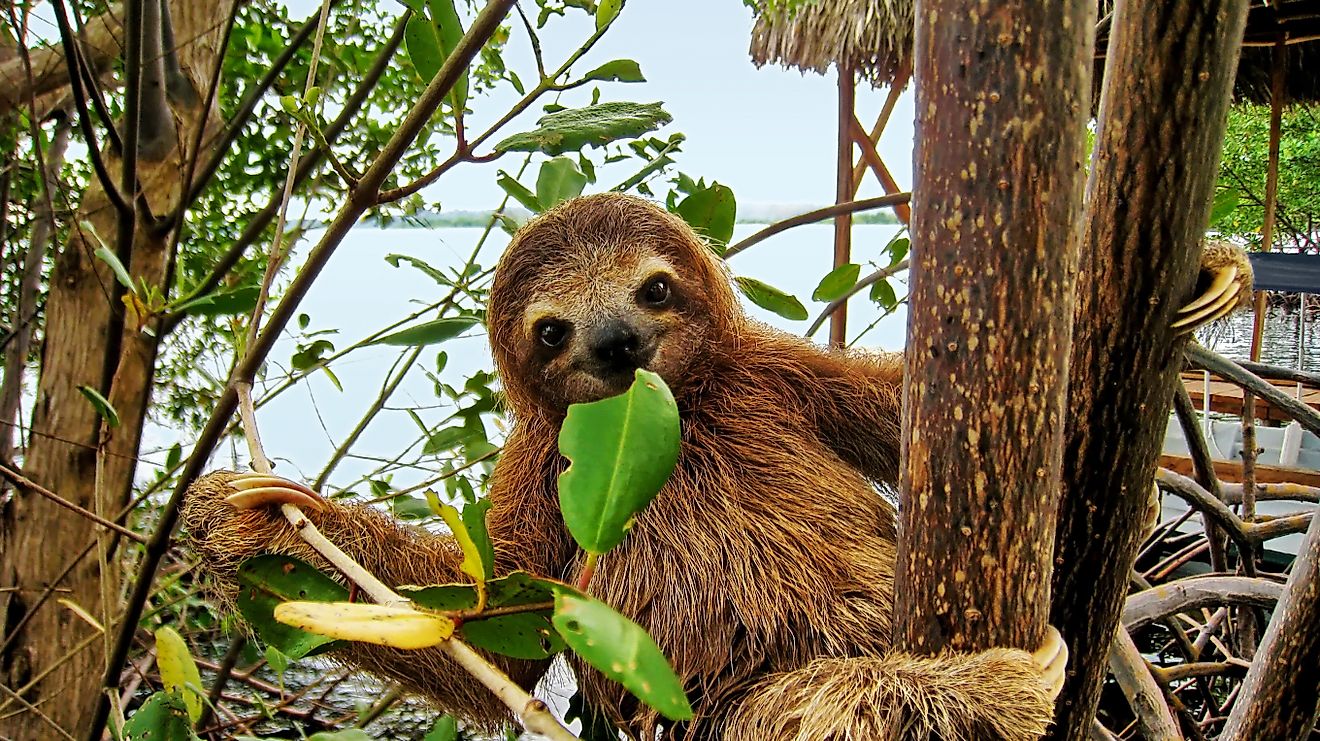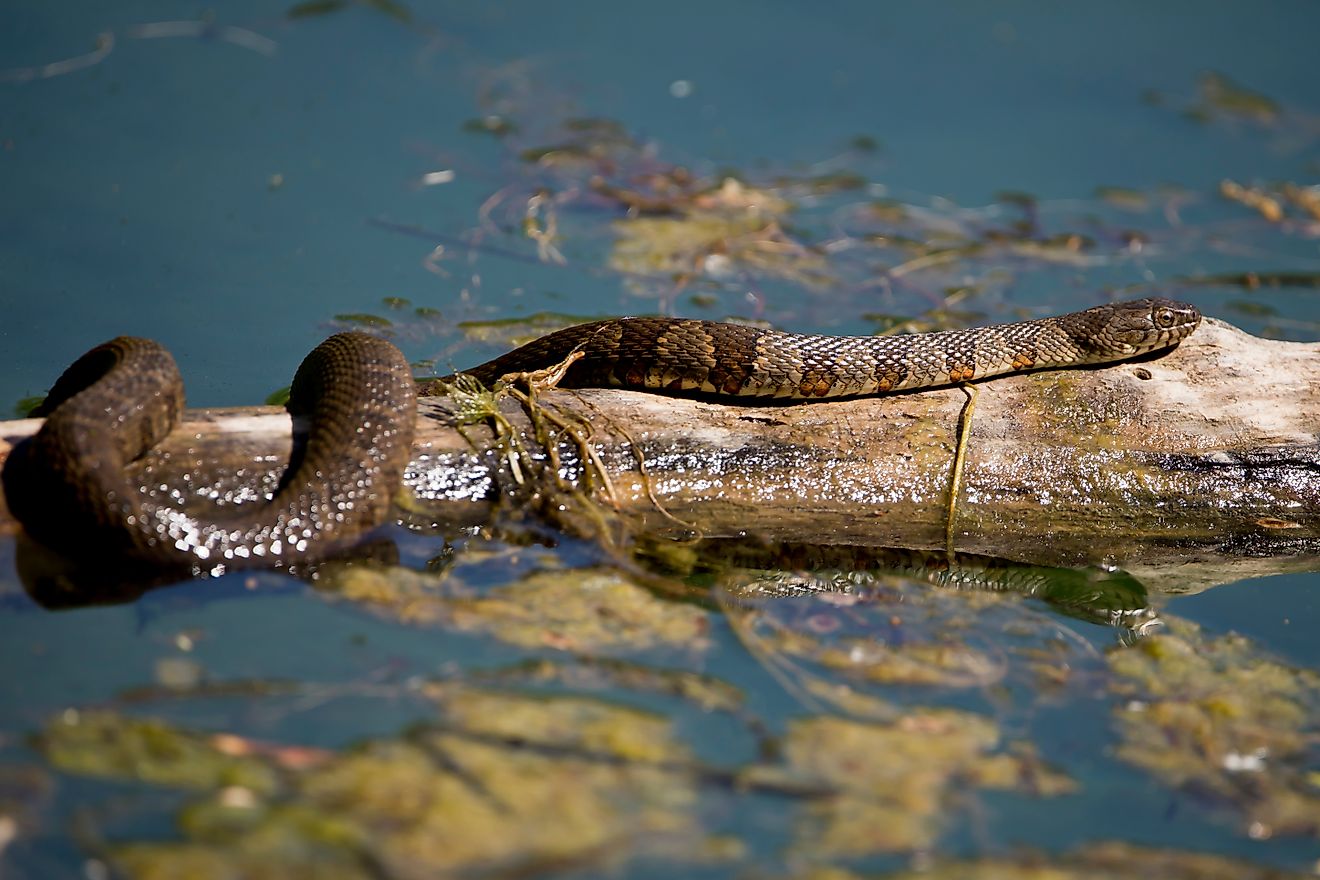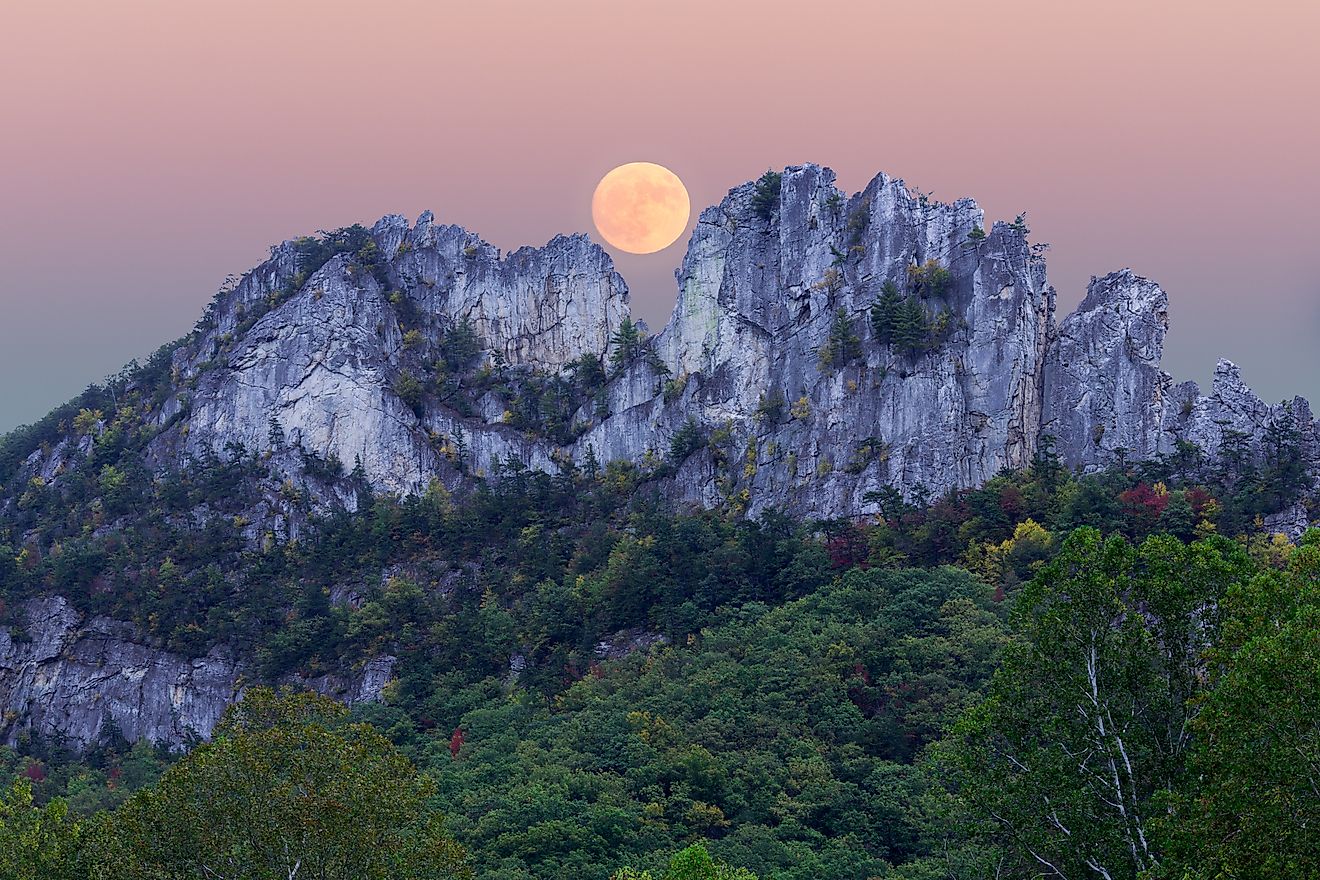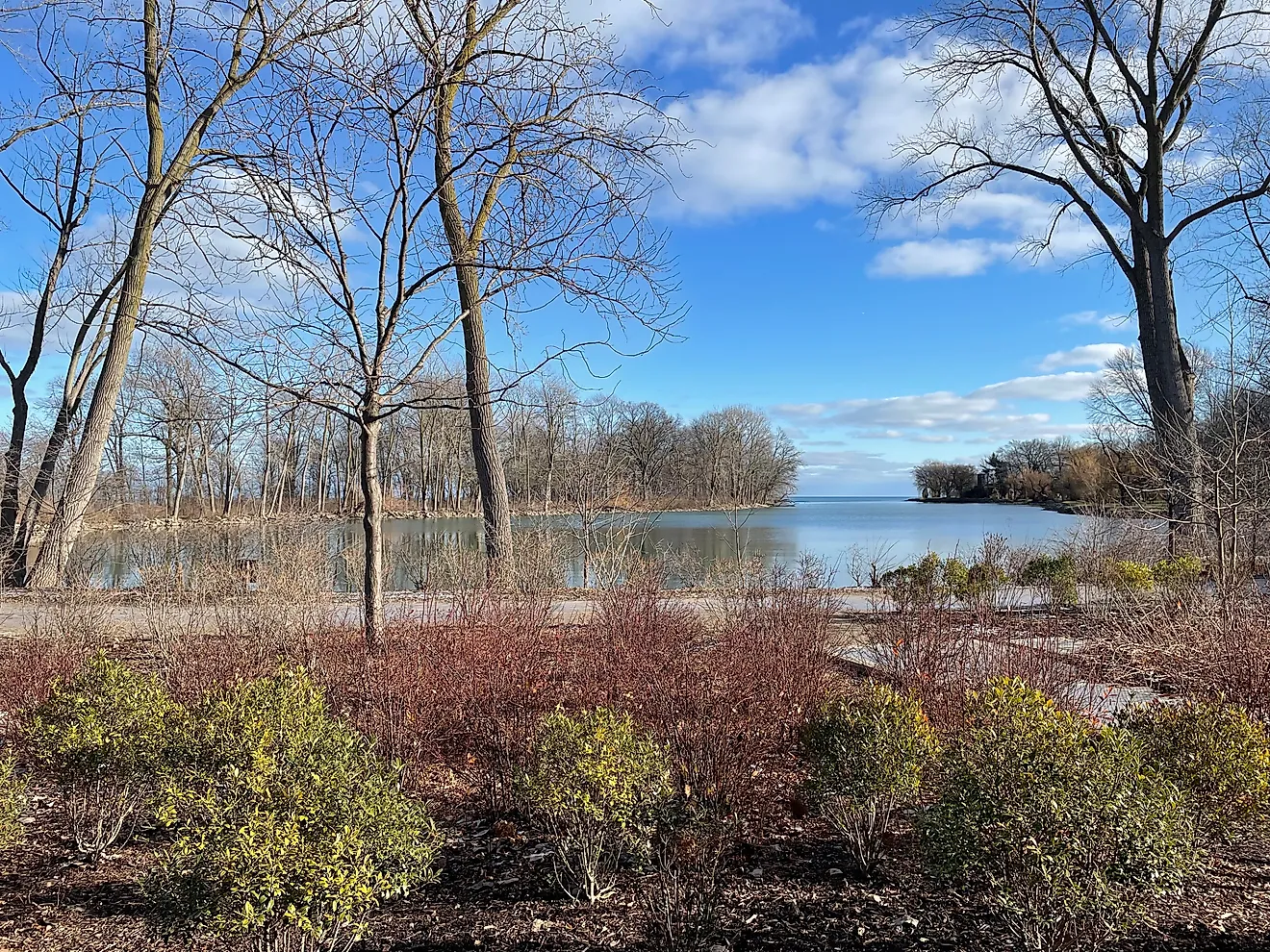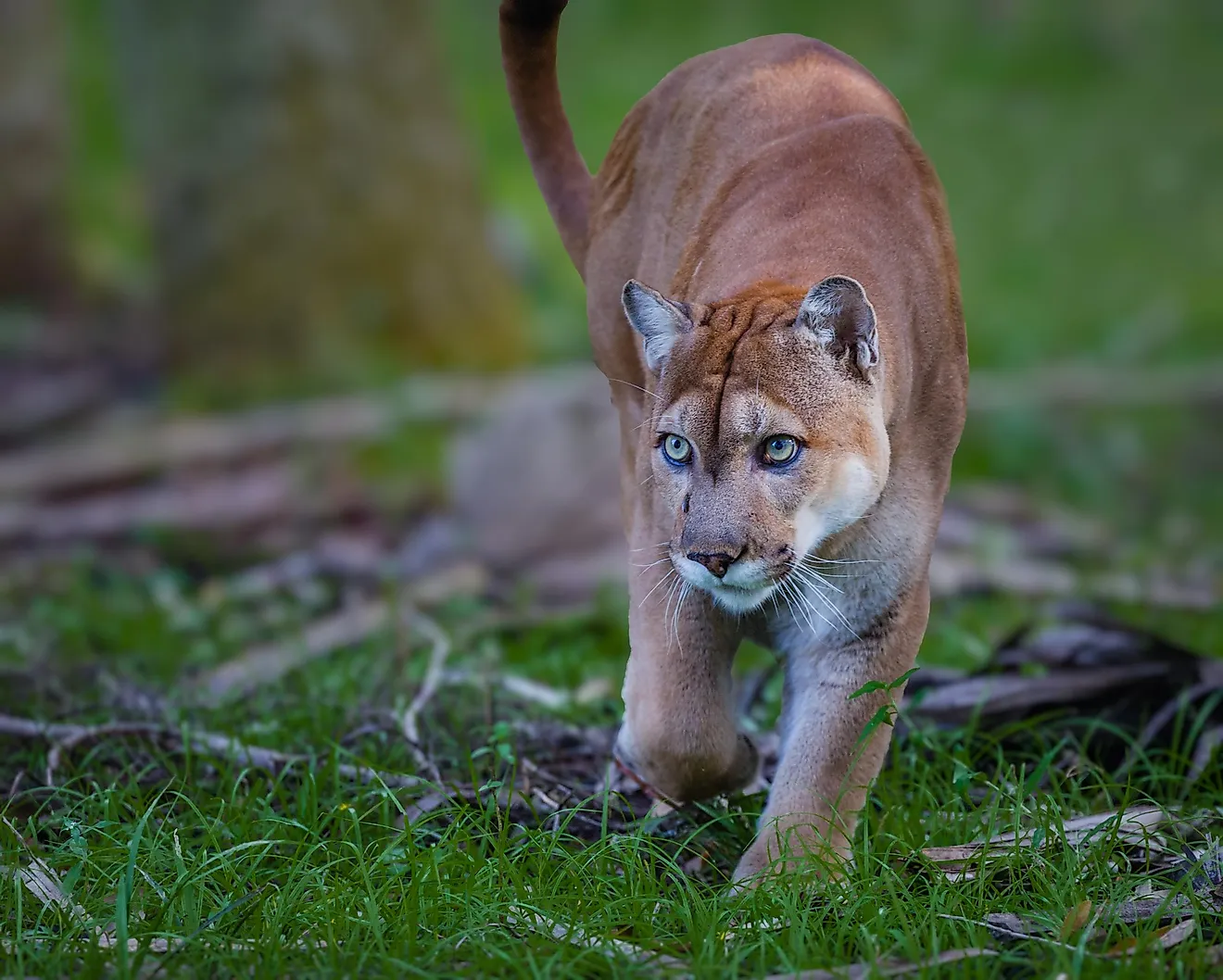
11 Best Long-Distance Hiking Trails In The US
The American landscape has always provided ample fodder for wanderlust spirits. Something about following in the steps of strangers, past, present, and future, helps shine light on who we really are. Perhaps that is why fitness buffs, naturalists, artists, gap-year students, people recovering from a loss, or those just wanting to hit the pause button for a while can all find value in committing to a long-distance hike. No matter who you are, traversing any chunk of the country will be a trying experience. But perhaps the biggest challenge is just getting started; the first step is to pick your path. So here are 11 of the biggest and best treks to choose from.
North Country Trail

Traversing 4,800-miles across the Northeastern United States is the North Country National Scenic Trail - the longest entry in the National Trails System. The NCT covers large portions of eight states, as well as the totality of the 310-mile Superior Hiking Trail, a majority of the 1,445-mile Buckeye Trail, and roughly half of the 560-mile Finger Lakes Trail, all of which are well-deserving of their own spotlight. Between North Dakota and Vermont, the NCT visits the shores of three Great Lakes (Superior, Michigan, and Huron), protected forests, wide-open prairies, and dense cities.
American Discovery Trail

This colossal, almost unimaginably long trail spans 6,800-miles, coast to coast through the heart of the country, from Cape Henlopen State Park, Delaware, to Point Reyes National Seashore (near San Francisco), California. Along the way, the totality of the ADT passes through 16 states. That said, there is a Northern and Southern option throughout the central region, and so anyone crazy enough to tackle "the whole thing" will most likely pick one route, thereby skipping some states and some total mileage. The Northern route works out to be 4,834-miles, while the Southern is 5,057-miles. Whichever the path, most thru-hikers also opt to trek from East to West. Given the immense breadth of the trail, scores of unique ecosystems (natural and manmade) and conditions can be expected throughout the long haul.
Wonderland Trail

Bringing the scale back down to a digestible level, The Wonderland Trail scratches the itch for long-distance hiking while still being a reasonable undertaking for many people. This 93-mile trek gains 22,000 feet in cumulative elevation as it circumvents Mount Rainier in Mount Rainier National Park, Washington. The circuitous route and the 18 backcountry campsites that provide ample options for breaking up the journey instantly make planning this hike much easier. Each day promises to reveal new aspects of pristine nature, including crisp glaciers, verdant meadows, roaring waterfalls, and volcanic ridges stretching out from the omnipresent and iconic Mount Rainier.
Appalachian Trail

At over 2,180-miles, the Appalachian Trail is the country's and the world's longest hiking-only trail. The approximately 4,000 annual thru-hikers that (attempt to) conquer this famous footpath meander through 14 states throughout the Eastern United States, from Georgia to Maine or vice versa. Completed in 1937, the Appalachian Trail owes its longevity to the National Park Service, the US Forest Service, the Appalachian Trail Conservancy, and countless state-level organizations/volunteers. Vast stretches of ubiquitous woods, hidden lakes, farmland, rolling hills, steep mountains, and intermittent splashes of towns, quirky communities, and popular national parks are amongst the many features one can expect throughout the trek. If that still is not sufficient, zealous vagabonds can add on the Pinhoti Trail, which goes another 339-miles South of the Georgia trailhead.
Pacific Northwest Trail

The Pacific Northwest Trail is deemed "America's wildest National Scenic Trail" not only for its immense distance (1,200-miles), but also because of the rugged and remote terrain that it crosses. The PNT bridges the gap between the Continental Divide and the Pacific Ocean. Along the way, it passes through seven mountain ranges, three National Parks, and deep sections of National Forests. Hikers will also get to uncover hidden trail towns and cute, waterfront communities. Of the many challenges that the PNT presents to prospective hikers, transportation and resupplies rank near the top of the list, but possibly outdone by bear preparedness. Over 400-miles of the trail traverse grizzly bear territory, and black bears frequent 94% of the established route.
Pacific Crest Trail

The Pacific Crest Trail is one of the most romanticized treks in the country. It is not only the magnitude of this, 2,650-mile (4,265-kilometer), point-to-point, 4 to 6 month endeavor that makes the PCT intriguing, but the range of conditions also keeps hikers on their toes. The trail passes through the Mojave Desert, long stretches of dense forests, and snow-capped peaks in the Sierra Nevada and Cascade Range. This presents ever-changing weather conditions, as well as logistical challenges regarding gear and provisions. Even if everything goes to plan, the PCT still demands a stoic heart in order to transcend not only the whole of California, but also Oregon and Washington. Not many people can say they have walked from Mexico to Canada, let alone over mountains and deserts.
John Muir Trail

For an immersive taste of the PCT that does not require a mid-life crisis, take to the John Muir Trail. This 211-mile hike, which parallels part of the PCT as it spans from Yosemite Valley to Mount Whitney, can be done over a standard 2-week vacation (if you hustle). This trek receives its name from the legendary conservationist and inspired nature-writer. Muir was so taken aback by the beauty of Yosemite Valley that he became a lifelong champion for the creation of national parks and the preservation of America's organic marvels. Hikers of the JMT can expect a generally pleasant climate, but a grueling effort, as the trail ascends six mountain passes in the High Sierra range.
Continental Divide Trail

East of the PCT is another North-South, Trans-American footpath known as the Continental Divide National Scenic Trail. The 3,100-mile journey passes through the better part of New Mexico, Colorado, Wyoming, and Montana, plus a sliver of Idaho. It also includes a significant portion of the 567-mile Colorado Trail, which is yet another excellent addition to the long list of long-distance trails throughout the country. The CTC traces the backbone of the Rocky Mountains, and as the name suggests, follows the Great Continental Divide. Of the 10 other National Scenic Trails, the CTC is the highest, most remote, and therefore, one of the most challenging. Every year several hundred bold thru-hikers set out, and only about one-third successfully reach the end.
Tahoe Rim Trail/Tahoe 200

Have you ever looked out over the majesty of Lake Tahoe and thought, "I wonder if I can hike around the whole thing?" Well, the good news is you can! But the humbling news is that it will require a big effort. Over the course of about 10 to 15 days, you will have to cover 173.6 miles, with a total elevation gain of 28,053 feet. As a point of reference, Mount Everest is 29,029 feet tall. The cruising altitude is no slouch either, which means thru-hikers will want to take some time to acclimatize before setting out. The elevation ranges from between 6,231 feet at Tahoe City (a common starting point) to the 10,285-foot Relay Peak (which is in Nevada). For those looking to up the ante even further, the Tahoe 200 (205.5 miles) is an annual ultramarathon that also circumnavigates Lake Tahoe, with a few extra twists thrown in for good measure.
Florida Trail

The Florida National Scenic Trail flows for just over 1,500-miles from Big Cypress National Preserve (South) to the Gulf Islands National Seashore (North), near Pensacola. This lesser-known mega-trail can be broken down into four sections. The Panhandle Region traverses along the Gulf of Mexico, bringing sandy stretches and also a stark contrast of both hills (including the highest points in the state) and low, boggy areas. The Northern Section harkens back to 18th-Century plantations and civil war battlefields interspersed amongst flatwood forests before splitting into one of two East/West options. The Central Region circumnavigates Orlando, showcasing different features depending on which branch hikers choose to take. The Southern Region brings the swamps, old-timey cattle country, and another choose-your-own-adventure fork in the trail.
Mountains-to-Sea Trail

And finally, if hiking the Mountains-to-Sea Trail in the fashion that the name beckons one to, then hikers will cover the 1,175-miles starting in the Great Smoky Mountains and ending at the Outer Banks on the North Atlantic Coast. Unlike many extra-long entries on this list, the entirety of the MST is within a single state, North Carolina. This fact does nothing to mute the diversity of the landscape, once again, as the very name suggests. At this time, approximately 725-miles of the trek are on blazed wilderness trails, with the remainder of the impressive network consisting of backroads, bike paths, and even an optional paddle segment.
As you can see, there are enough long-haul trails across the U.S. to cover multiple lifetimes. And this just scratches the surface. Thankfully, there are no wrong answers.
Each of these stupefying treks will bring out the highs and lows, elation and exhaustion, bug bites, bruises, friendships, and personal revelations. Without a doubt, embarking on one of these hikes will mark a thorough chapter in everyone's personal history.
